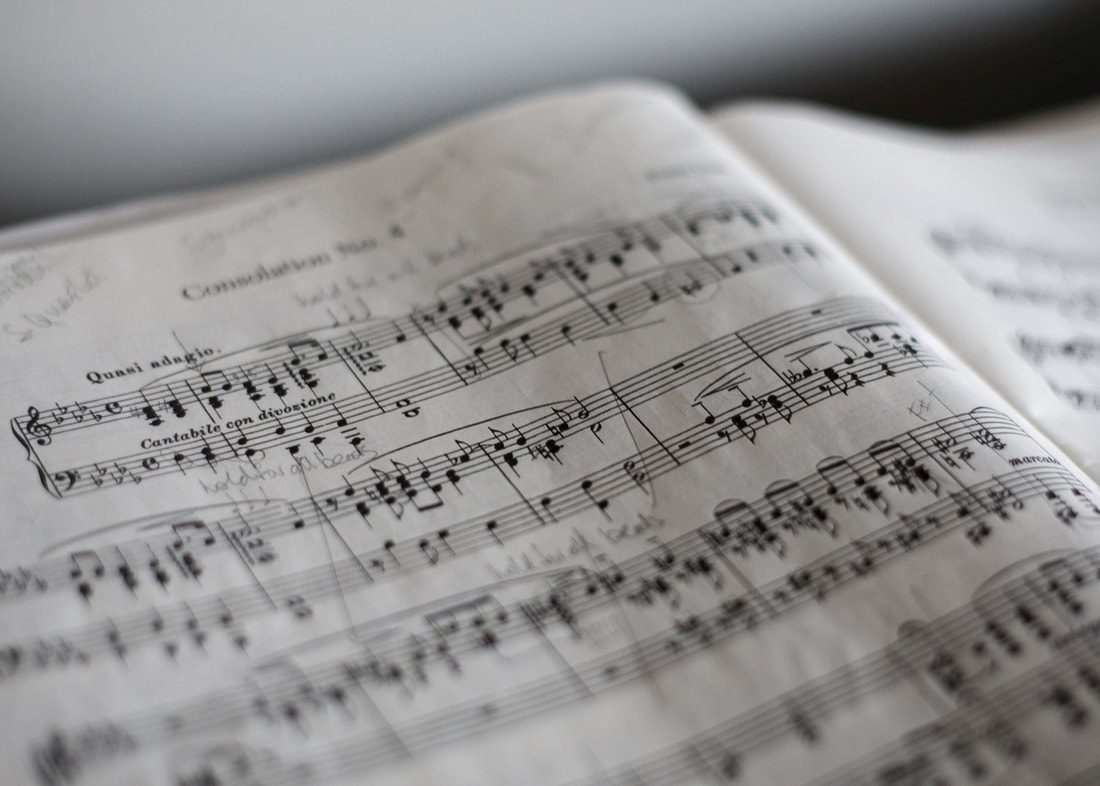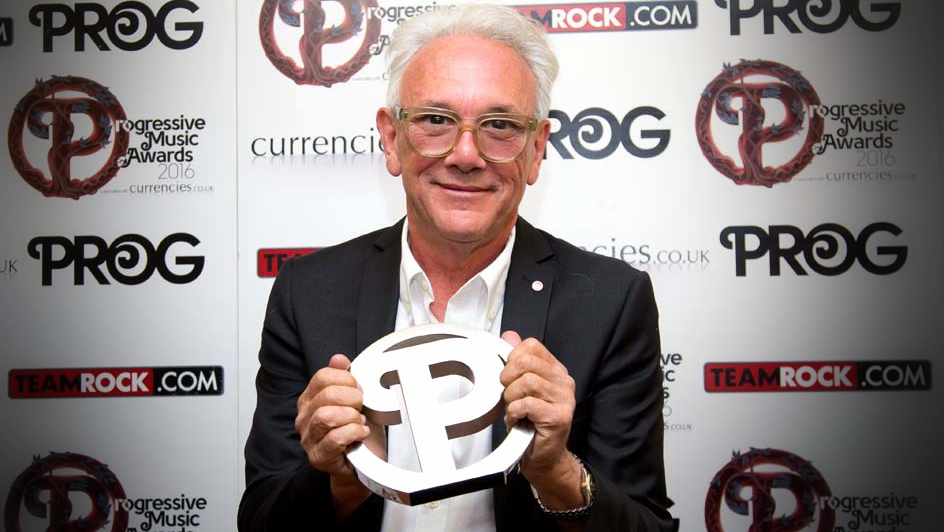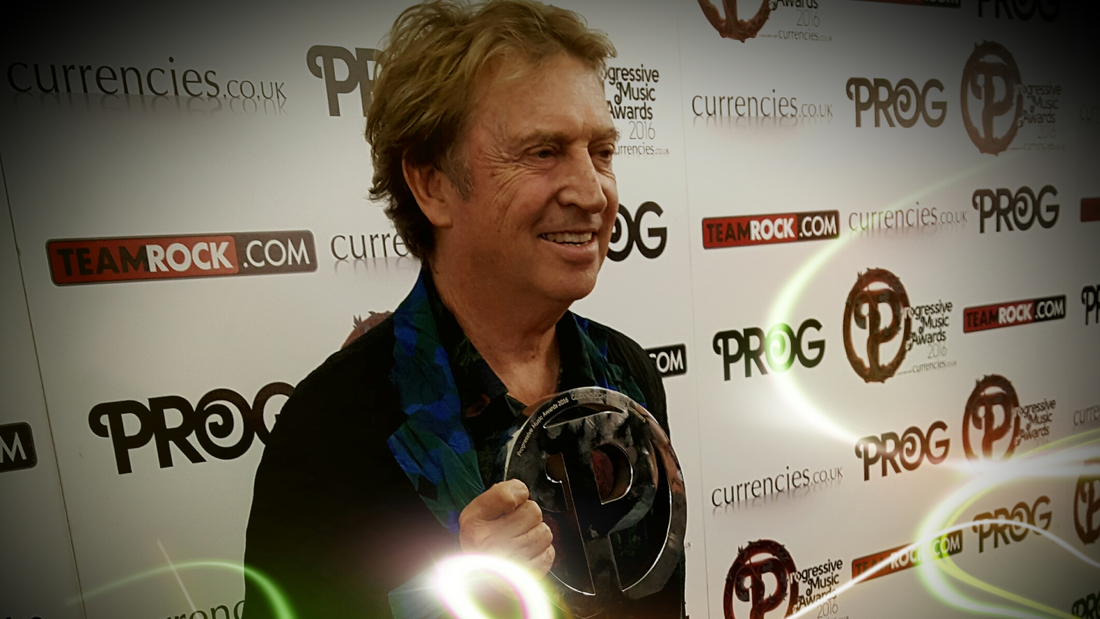The brain and music: all that jazz
Have you ever wondered how exactly your brain responds to the music you are listening to? If yes, then here is your answer. Or at least a part of it, as the whole process is complicated. Let’s start with some biology. Since the early 2000s, neuroscientists have been exploring different areas of the brain to determine which of them and in what way respond to music.
Music can enhance the main functions of the frontal lobe and activate the temporal lobe responsible for language. The Broca’s area helps us express through music, the Wernicke’s area is the one that enjoys and analyzes the melodies, and the nucleus accumbens that gets addicted to illegal drugs reacts in the same way to music. There are other parts of the human brain that get engaged when listening to melodies or creating music. Some are active only in the case of professional musicians, while others get involved in every person’s brain. That’s enough of biology.
How music affects the brain and its certain parts are of interest mainly to neuroscientists. However, what does all this mean in simpler terms? What influence does music have on the human brain? Generally, it helps to reduce stress levels, eases the pain and symptoms of depression, plays a vital role in improving motor and cognitive skills, helps with learning and acquiring new information and boosts the brain’s ability to produce new neurons.
Does music change how we behave?
We know that music does impact the brain’s ability to learn, brings pleasure and helps ease the pain. However, can it change the way people behave and influence their decisions and emotions?
To some extent, music has this kind of power over us. Mostly because music controls emotions. Every person who has ever watched a movie and paid any attention to its soundtrack understands it. All genres, especially thrillers and horrors, use melodies to build up the tension, create the right atmosphere, and control the audience’s emotions. Due to the use of the right music, every viewer can feel like they were part of the story.
Some melodies can even tap deep into our primal fears, boost the rush of the adrenaline through our bodies, and get us ready to fight or run. Other melodies are perfect to calm us down, relax us and help to let loose. People who like physical activity know that some upbeat melodies bring energy, motivate and improve performance. These all examples illustrate the fact that music does influence our behavior, and more and more often different branches of industries make use of this.
We’ve already mentioned the film industry, as music is crucial in cinema, but also in theater and opera these days it is an inseparable part of the experience. However, melodies are now used in other spheres to influence the way we act. For example, ads catch our attention and make us sympathetic towards a product or service. Music plays a vital role in games as well, to create the right atmosphere and motivate the players. It refers to all genres and kinds of games, even games of chance, like the ones you can find in online casinos. A player who sees the latest no deposit casino bonuses in the UK gets encouraged to try their luck, especially if they see a tried-and-tested, safe option like the ones listed on platforms such as VegasSlotsOnline. One failure, however, might be enough to discourage them. The whole atmosphere, with music included, influences the mood of the players and encourages them to play one more time, simply motivates them, but it’s all subtle and only slightly encouraging. After all, it’s the player's decision to bet, win, withdraw and keep going, while the music is there to encourage.










